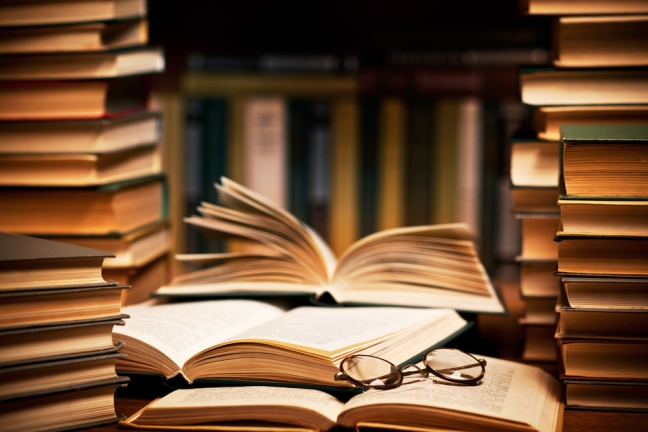I firmly believe that an understanding of history is incredibly important to every aspect of music study. Whether it be literature, performance, theory, pedagogy, or what have you, if you don’t know the backgrounds of the people who composed, performed, theorized, and taught, the music means nothing beyond the notation on the page. It is the history of the musicians themselves and their environments that breathe life into music. I try to stock up on biographical knowledge with that in mind.
In the pursuit of that, I recently read three books (accidentally in a row) that covered World War II. The first was called Alice’s Piano and was about Alice Herz-Sommer, a Czech Jewish pianist who was deported to a concentration camp with her husband and son. While I did not think this was a particularly well-written book, its lack of certain detail actually spared me images of the camps which I did not want running around in my head. Otherwise, it was an easy-to-read description of Alice’s life through her upbringing, her beginnings as a performer, her marriage, her survival of the concentration camp, her rehabilitation afterward, and her life into very old age. It also provides a brief overview of Israel’s development into a nation and its struggles in its first few decades.
I’ll admit I wouldn’t have read the second book had I understood it was about the exact same time period, but I’m so glad I did. Lina and Serge: The Love and Wars of Lina Prokofiev follows the life of Serge Prokofiev’s wife. In a way, it was like reading Alice’s Piano over again. There were key differences of course, such as Lina was a vocalist, lived in the shadow of her husband, and seemed to have a conniving streak. But the women were very much the same. Both struggled to protect their children in the horrible economic conditions of war. One dealt with the Soviets throughout World War II, one the Nazis. One was sent to a Soviet gulag for crimes she did not commit, one was sent to a concentration camp for the crime of being born. Some similarities were even more eerie, such as both owned Forster grand pianos which were confiscated but later restored to them. I would never have noticed such things had I not read the books back to back. Doing so also put into perspective what was happening in Russia, Europe, and Israel simultaneously.
The third book was a tiny little gem I found on my shelf. Living With Music by David Barnett was written in the U.S. in 1944, before World War II was even over. It is mainly a short discourse on how music should be included in school curricula as a matter of course. (Having been raised that way myself, I see the wisdom in this approach.) He briefly discusses other things, such as his own invention which he called an enharmonic pianoforte keyboard, the success of his music program in getting parents involved, etc. The whole point of the little book (which takes barely any time to read) is stated a few times and runs as an undercurrent throughout its pages, essentially: World War II is in full swing, and the author sees music and the continuance of music education as extremely important, even necessary, to the rehabilitation of returning soldiers and the rebuilding of the world as a whole. Poignancy and philosophy are sprinkled through the whole book – really the entire thing is quotable, but it is so short that to quote more than a few things would be to practically rewrite it.
So try reading books about different aspects of the same era consecutively – maybe these three. They gave me a very broad perspective about three different aspects of a single era, two from women who thought two different people groups would kill them, and one from a man who was in no fear for his own life but feared for the future and for those who had experienced horrors he would never know. I would recommend buying all three of these books, especially Living With Music if you can find copies of it.
